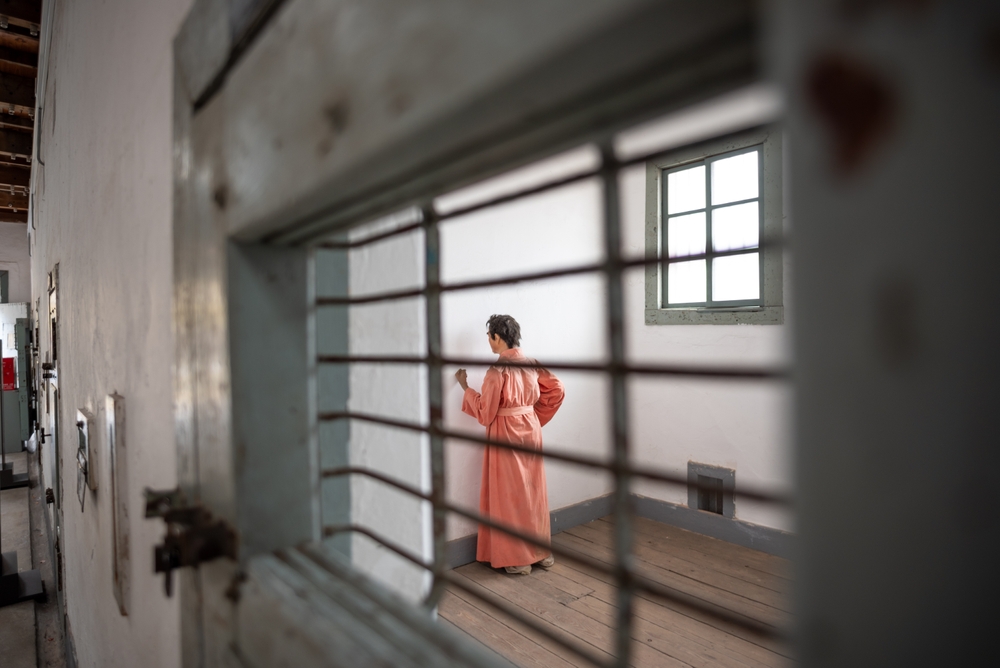One of the prisoners describes her time in prison as the most stable period of her life.
Others are reading now
Japan has one of the world’s fastest-aging populations.
As life expectancy rises and birth rates decline, the country faces growing challenges in caring for its elderly citizens.
Many older adults struggle with financial insecurity and social isolation.
Some find themselves turning to crime, not out of malice but as a means of survival.
Also read
Prison More Stable Than Freedom
At Tochigi Women’s Prison, the largest female correctional facility in Japan, inmates are more likely to be seen using canes and walkers than engaging in dangerous behavior.
The prison houses a significant number of elderly women, many of whom have committed minor offenses such as shoplifting.
Some say they prefer life behind bars because it provides them with food, medical care, and companionship — things they often lack outside.
Akiyo, an 81-year-old inmate, was convicted of stealing food, according to Digi24.
She describes her time in prison as the most stable period of her life. “There are good people here,” she says.
Some inmates have even expressed a willingness to pay to stay in prison rather than face the hardships of life on the outside.
Yoko, a 51-year-old repeat offender, has been in and out of prison for drug-related offenses over the past 25 years. Each time she returns, she notices the population aging.
“Some people commit crimes on purpose so they can come back when they run out of money,” she explains.
The number of elderly inmates in Japan has increased fourfold since 2003.
Many of them were convicted of theft. Government statistics show that 80% of elderly female inmates in 2022 were sentenced for shoplifting.
While some steal out of necessity, others commit crimes simply to escape loneliness or gain access to free healthcare.
Prison officials say they are now dealing with issues more common in nursing homes than in correctional facilities. Guards help inmates with daily tasks, including feeding, bathing, and changing diapers.


